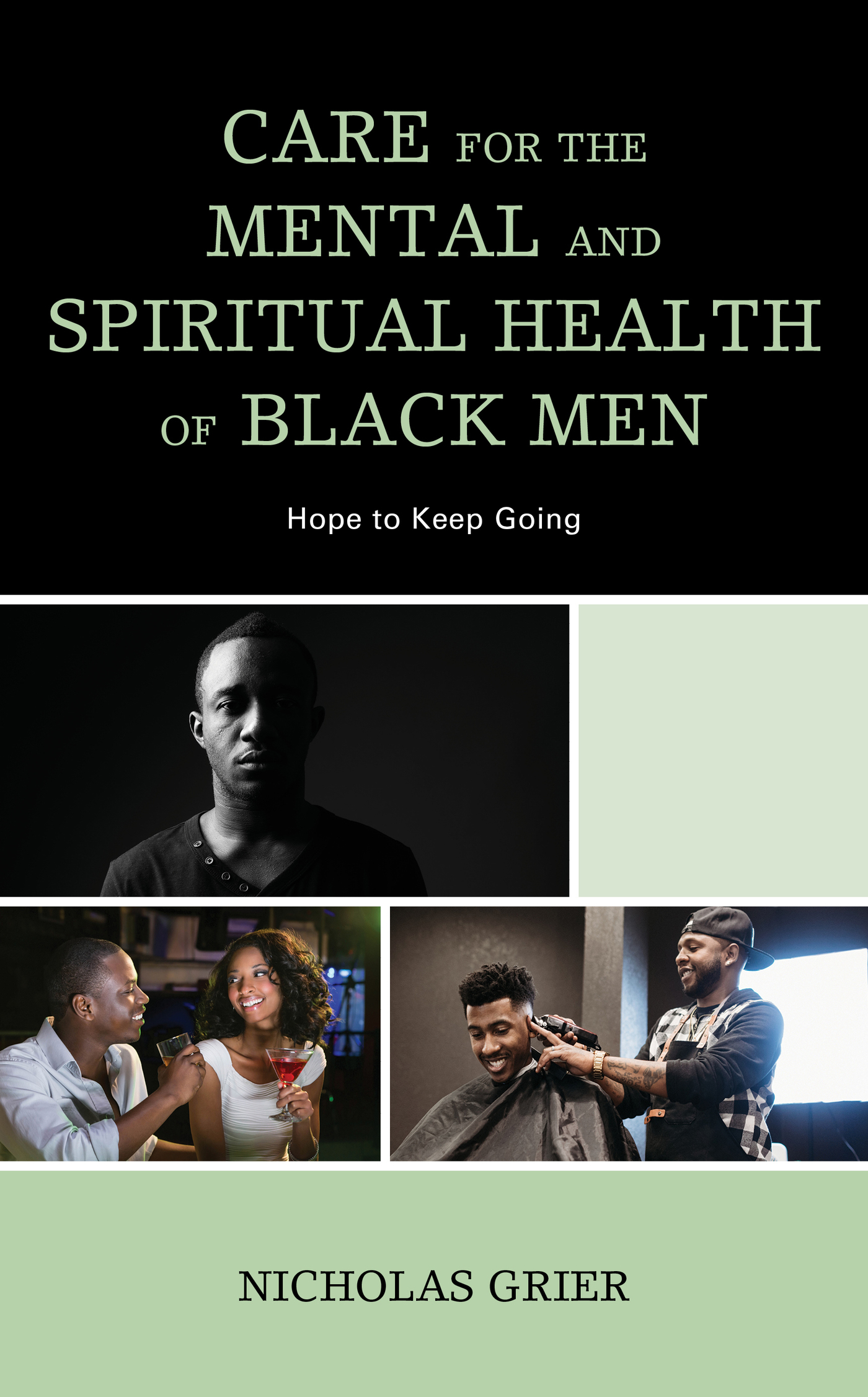Care for the Mental and
Spiritual Health of Black Men
Religion and Race
Series Editors
Monica R. Miller, Lehigh University
Anthony B. Pinn, Rice University
The local/global connections between religion and race are complex, interrelated, ever changing, and undeniable. Religion and Race bridges these multifaceted dimensions within a context of cultural complexity and increasing socio-political realities of identity and difference in a multi-disciplinary manner that offers a strong platform for scholars to examine the relationship between religion and race. This series is committed to a range of social science and humanities approaches, including media studies, cultural studies, and feminist and queer methods, and welcomes books from a variety of global and cultural contexts from the modern period to projects considering the dynamics of the postmodern context. While the series will privilege monographs, it will also consider exceptional edited volumes. Religion and Race seeks to impact historical and contemporary cultural and socio-political conversations through comparative scholarly examinations that tap the similarities and distinctions of race across geographies within the context of a variety of religious traditions and practices.
Titles in the Series
Care for the Mental and Spiritual Health of Black Men: Hope to Keep Going, by Nicholas Grier
Saints in the Struggle: Church of God in Christ Activists in the Memphis Civil Rights Movement, 19541968, by Jonathan Chism
Method as Identity: Manufacturing Distance in the Academic Study of Religion, by Christopher M. Driscoll and Monica R. Miller
The Religion of White Supremacy in the United States, by Eric Weed
The Power of Unearned Suffering: The Roots and Implications of Martin Luther King, Jr.s Theodicy, by Mika Edmondson
Care for the Mental and
Spiritual Health of Black Men
Hope to Keep Going
Nicholas Grier
LEXINGTON BOOKS
Lanham Boulder New York London
Published by Lexington Books
An imprint of The Rowman & Littlefield Publishing Group, Inc.
4501 Forbes Boulevard, Suite 200, Lanham, Maryland 20706
www.rowman.com
6 Tinworth Street, London SE11 5AL
Copyright 2020 by The Rowman & Littlefield Publishing Group, Inc.
All rights reserved. No part of this book may be reproduced in any form or by any electronic or mechanical means, including information storage and retrieval systems, without written permission from the publisher, except by a reviewer who may quote passages in a review.
British Library Cataloguing in Publication Information Available
Library of Congress Cataloging-in-Publication Data
Library of Congress Control Number: 2019950744
ISBN 978-1-4985-6712-1 (cloth : alk. paper)
ISBN 978-1-4985-6714-5 (paper : alk. paper)
ISBN 978-1-4985-6713-8 (electronic)
 TM The paper used in this publication meets the minimum requirements of American National Standard for Information Sciences Permanence of Paper for Printed Library Materials, ANSI/NISO Z39.48-1992.
TM The paper used in this publication meets the minimum requirements of American National Standard for Information Sciences Permanence of Paper for Printed Library Materials, ANSI/NISO Z39.48-1992.
To my sisters and brothers in the global village.
May we all flourish.
Acknowledgments
I want to thank God, the Universe, the ancestors, and my family for their life-giving support. I could not have completed this project without such a supportive village.
Thank you, Claremont School of Theology (CST) family. President Jeffrey Kuan and Dean Sheryl Kujawa-Holbrook have been most supportive of my work and professional development. Thank you for your support of this project. My CST faculty colleagues, Monica Coleman, Duane Bidwell, Grace Kao, Najeeba Syeed, and Belva Brown Jordan, have been most amazing and tremendously supportive! They seamlessly and quickly provided helpful feedback in the final stages of preparing this book for production. Thank you for your remarkable and life-giving support. Philip Clayton also provided a space for dialogue in his home. I am most thankful for these conversations that helped refine my ideas. I cherish our friendship. I am also thankful for Jeongyun Hur and Jessica Chapman who served as my research assistants during the writing process. Ms. Hur (soon-to-be Dr. Hur) researched articles and completed the index for this book. Ms. Chapman (soon-to-be Dr. Chapman) read through a draft of this book and offered helpful feedback. I am also tremendously grateful for all of my students at Claremont School of Theology. You are a most amazing and diverse group of people who will transform the world! Your thoughtful reflections and feedback during our class discussions have fueled my lifes work. Thank you! Wishing you all the best in your future endeavors.
I am thankful for colleagues in the field who read earlier drafts of the manuscript. Specifically, Carroll Watkins Ali, Lee Butler, Jr., Duane Bidwell, and Elizabeth Pierre provided helpful feedback.
I am also thankful for my cousin, Andre Dennis, for his creative flow with Coloring Mental Health Collective and for his feedback on marketing materials for this book.
I am grateful for The Center for Religion and Psychotherapy of Chicago (CRPC) who supported this project through a book support grant. Thank you! I must also thank The Forum for Theological Exploration (FTE) for supporting an earlier version of this work during my year as an FTE dissertation fellow. The supportive network of FTE continues to be life-giving.
Publishing this project with Lexington Press would not have been possible if it were not for Anthony Pinn and Monica Miller extending a book contract. I am thankful for Dr. Pinns invitation to send my work his way. Thank you for your encouragement to share my work. Your work and support of my work have been life-giving.
I must thank the following editors: Thank you, Henry Carrigan, for looking over the project for style and accessibility. Thank you, Diane Capitani, for your copy-editing work. Thank you, Michael Gibson, for your gracious support of this project. Thank you, Mikayla Mislak, for pushing this project through to its completion.
Stephen Ray, Lallene Rector, Phillis Sheppard, Lee Butler, Jr., Celia Brickman, and Jeffery Tribble were helpful guides during the early stages of my intellectual development. Thank you for your generous presence in my life.
I am thankful for my immediate family: Grace Grier, Arthur Grier, Gabriel Grier, Stephen Grier, and Dawn Grier, I love you dearly. I want to also acknowledge my biological father, Jimmy Orange. Wishing blessings on your life. Thank you to my extended family. I am also thankful for friendships with Grant Crusor, Marquis Hare, Kenya Tuttle, and Christopher Hubbard. I am because we are.
Introduction
A Prelude to Keep Going
In the film Stomp the Yard, Black men chant the following words during a fraternity initiation ceremony: We got to keep pushing. We got to keep moving. We got to keep fighting. Ohhh brother! The following account depicts a hard-to-swallow truth in the struggle for Black male survival, liberation, healing, and flourishing.
August 9, 2014. The scene is Ferguson, Missouri. While walking down Canfield Drive on a sunny day, Michael Brown is fatally shot by Ferguson police officer Darren Wilson. Again? Another victim in a long list of unarmed Black men killed by police officers. Yet, nearly four hours later, onlookers discern that there is something eerie about this scene. Eyes are fixed on American pavement painted with the blood of Michael Browns dead body. You and I see the disheartening scene with impeccable clarity. Perceptive onlookers realize that America, rightfully so, cares passionately for our police officers and veterans. America, rightfully so, believes that our police officers and veterans matter. America also cares to ensure that all people respect the countrys flag and national anthem. Yet, nearly four hours later, America did not care enough to ensure that an ambulance crew tend to Michael Browns dead body. Nearly four hours later, Michael Browns body remained lying lifeless on American pavement. Somehow Americas caring concern halted in the presence of Michael Browns living and dead body. It was as if America unashamedly declared that the lives of people living in Black and Brown bodies dont matter.

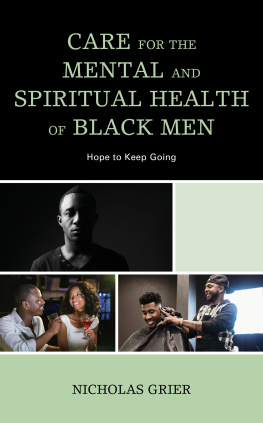

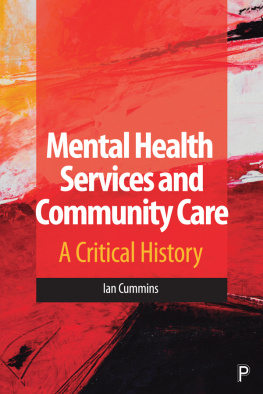
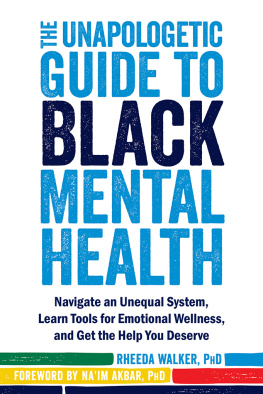
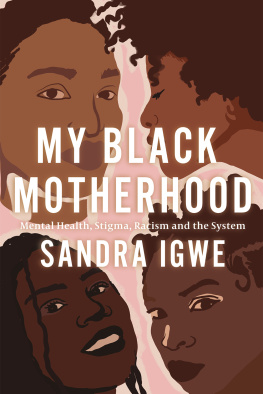
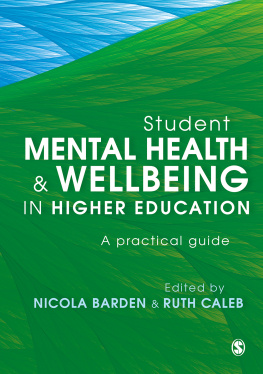


 TM The paper used in this publication meets the minimum requirements of American National Standard for Information Sciences Permanence of Paper for Printed Library Materials, ANSI/NISO Z39.48-1992.
TM The paper used in this publication meets the minimum requirements of American National Standard for Information Sciences Permanence of Paper for Printed Library Materials, ANSI/NISO Z39.48-1992.